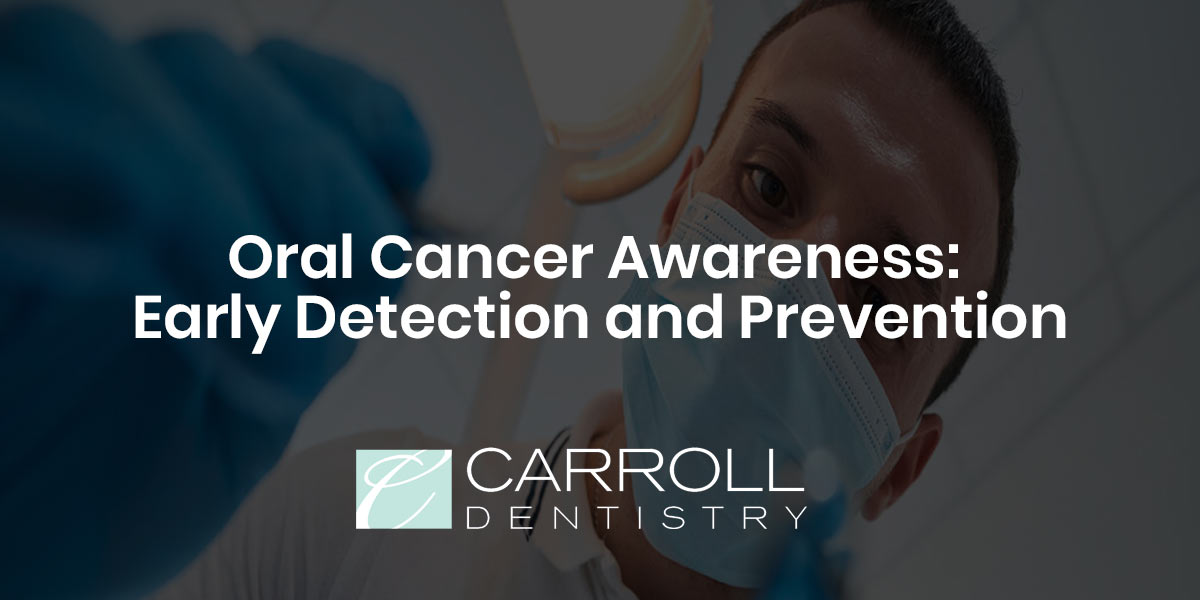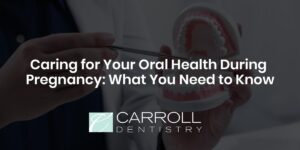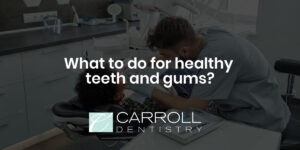Oral cancer is a serious condition that affects thousands of individuals worldwide. However, with early detection and preventive measures, the outcomes can be significantly improved.
In this blog, we will raise awareness about oral cancer, its risk factors, and the importance of early detection. We will also explore preventive strategies that can help reduce the incidence of oral cancer and improve overall oral health.
Understanding Oral Cancer
Oral cancer refers to the abnormal growth of cells in the oral cavity, including the lips, tongue, gums, and the lining of the mouth.
It is essential to understand the signs and symptoms of oral cancer to facilitate early detection. Common symptoms may include persistent mouth sores, red or white patches, difficulty swallowing or speaking, a lump or thickening in the mouth, and unexplained bleeding.
Regular dental check-ups are crucial for oral cancer screening, as dentists can identify suspicious lesions or abnormalities during routine examinations.
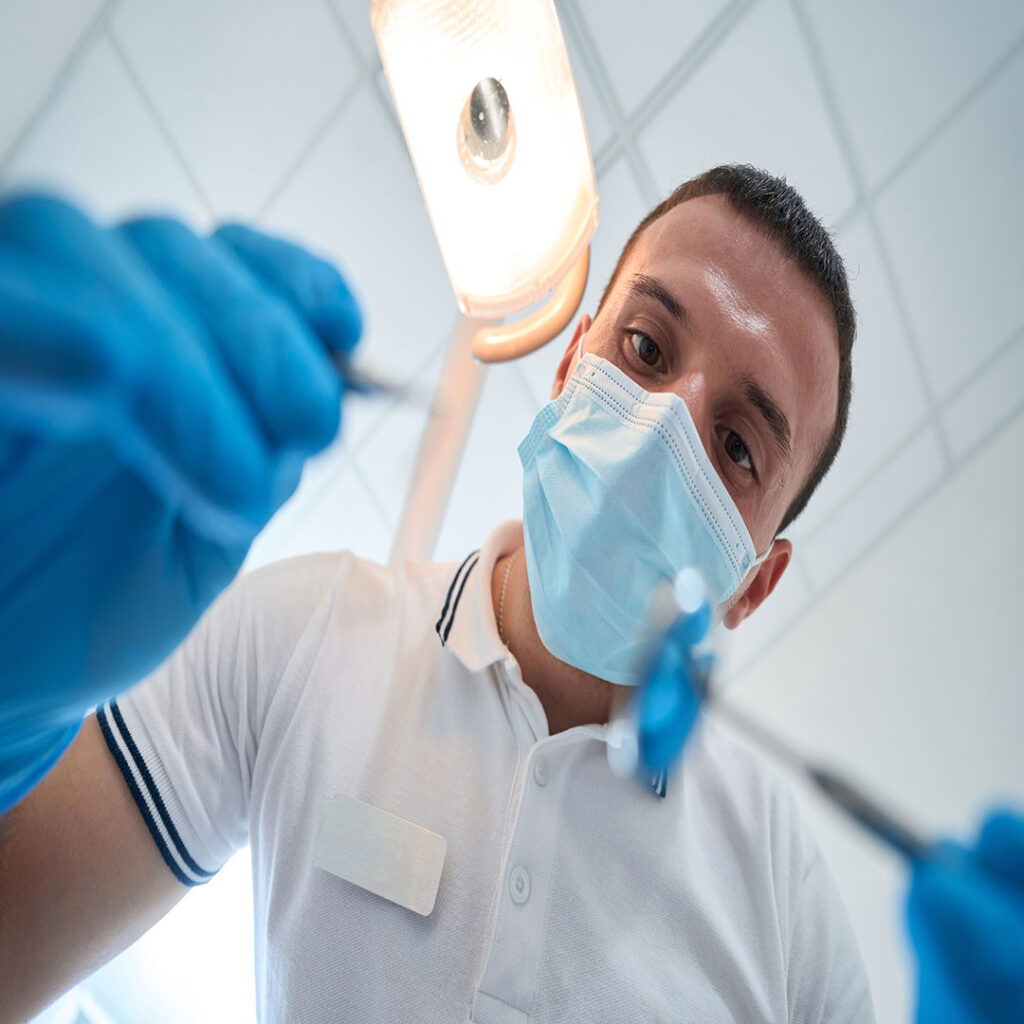
Risk Factors for Oral Cancer
Several risk factors can increase the likelihood of developing oral cancer. Tobacco use, including smoking cigarettes and using smokeless tobacco products, is one of the most significant contributors to oral cancer.
Excessive alcohol consumption, particularly when combined with tobacco use, further escalates the risk.
Additionally, prolonged exposure to the sun without adequate protection can increase the chances of developing lip cancer.
Other risk factors include a family history of oral cancer, a weakened immune system, and the presence of certain strains of the human papillomavirus (HPV).
In order to preserve the health of your teeth and gums, good oral hygiene is the key to success. This includes habits like brushing your teeth twice a day and regular dental checkups. What to do for healthy teeth and gums, do you know?
Importance of Early Detection
Early detection is crucial in improving the prognosis and survival rates for oral cancer. Regular dental check-ups play a vital role in early detection, as dentists are trained to recognize potential signs of oral cancer.
During these examinations, your dentist will conduct a thorough oral cancer screening, which may involve a visual inspection, palpation of the oral tissues, and potentially the use of additional diagnostic tools.
If any suspicious lesions or abnormalities are identified, further diagnostic tests, such as biopsies or imaging, may be recommended.
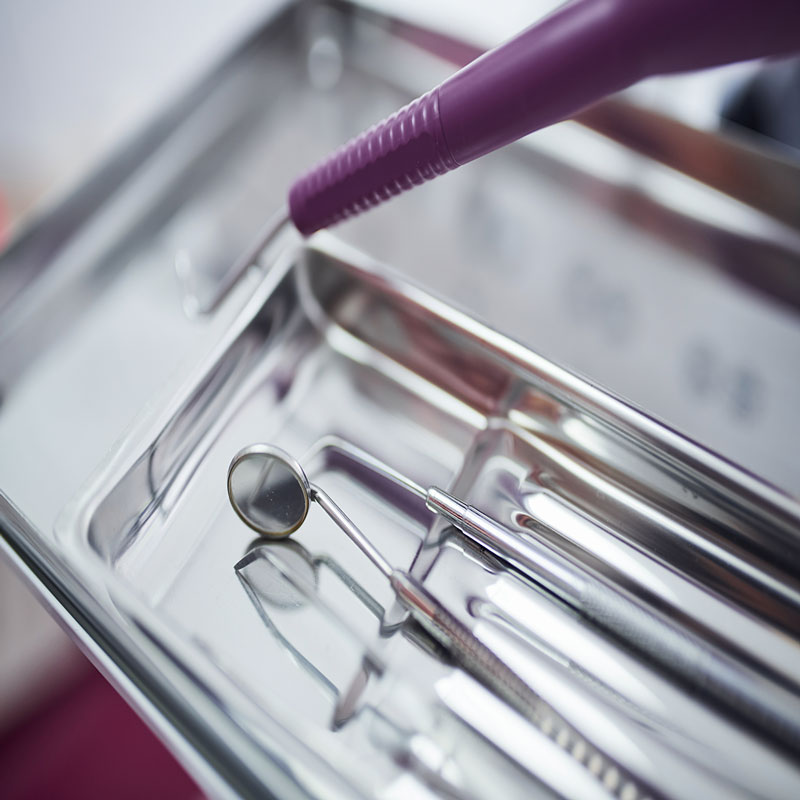
Preventive Strategies
Prevention is key when it comes to oral cancer. Adopting healthy lifestyle choices and taking proactive measures can significantly reduce the risk.
Here are some preventive strategies to consider:
- Quit Tobacco Use: If you use tobacco, quitting is the best decision you can make for your oral and overall health. Seek professional help, such as counseling or nicotine replacement therapy, if needed.
- Limit Alcohol Consumption: Moderate alcohol consumption is recommended, and avoiding excessive drinking can lower the risk of oral cancer.
- Practice Sun Protection: When spending time outdoors, especially during peak sun hours, protect your lips with a broad-spectrum lip balm or wear a wide-brimmed hat.
- Maintain Good Oral Hygiene: Brush your teeth twice a day. Floss daily, and rinse with an antimicrobial mouthwash to keep your oral cavity healthy.
- HPV Vaccination: Consider getting vaccinated against high-risk strains of HPV, as this can help reduce the risk of oral and other types of cancer.
- Healthy Diet: Follow a balanced diet rich in fruits and vegetables. Which contain vital nutrients and antioxidants that support overall health and reduce the risk of oral cancer.
Oral cancer awareness, early detection, and preventive measures are crucial in the fight against this disease. By understanding the signs and symptoms, recognizing the risk factors, and adopting preventive strategies, we can reduce the incidence of oral cancer and improve outcomes.
Remember to schedule regular dental check-ups, practice good oral hygiene, and make healthy lifestyle choices. Together, we can raise awareness about oral cancer and promote a world where early detection and prevention save lives.

